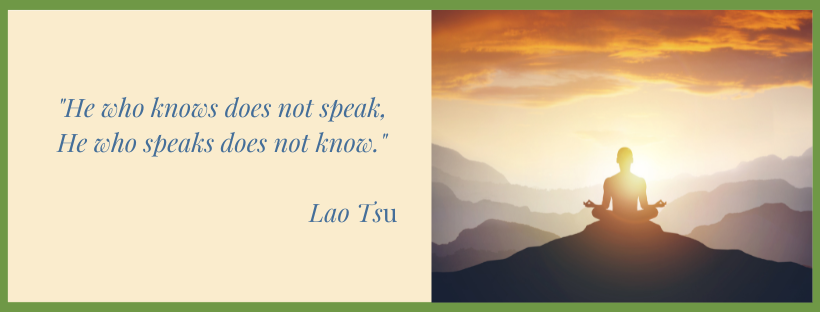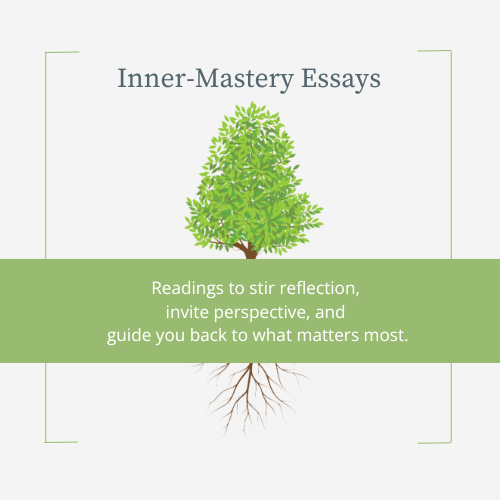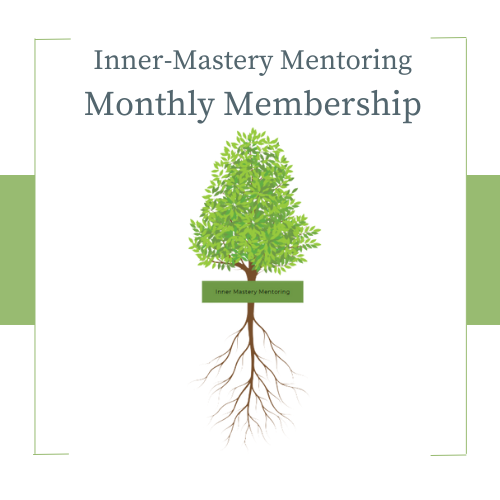The Power of Quiet: Why Inner Stillness is More Than Silence
We often think of quiet as the absence of noise. But true quiet—the kind that brings clarity, calm, and meaning—is something much deeper than silence. It’s not just about talking less or finding a peaceful place. It’s about cultivating presence, deepening self-awareness, and letting go of what doesn’t serve.
In life, we all watch things fall away—relationships, roles, routines, even parts of our identity. Some of these losses are voluntary. Others are not. But often, what we lose makes space for something more powerful: a more grounded, centered version of ourselves.
For me, one of the most powerful shifts has come from embracing quiet—not as silence, but as a way of living. Quiet is a practice. It’s about becoming more intentional with your words, more honest with yourself, more kind with others, less preoccupied with the looping mind chatter, and less attached to your ego’s need to stand out or shrink down.
Here’s how you can begin cultivating your own practice of inner quiet:
1. Essentialism: Say Only What Matters
Essentialism isn’t about saying less—it’s about saying what truly matters. When you speak, ask yourself: Is this helpful? Is this necessary? Is this connected to the other person?
We live in a world where we’re often encouraged to speak first, loudest, or most. But when we slow down and choose our words carefully, we create space for deeper connection. Consider whether you’re speaking to impress or influence—or if you’re genuinely present in the conversation.
As one well-known principle puts it: “Seek first to understand, then to be understood.” This is the essence of essentialism in communication.
2. Honesty: Tell the Truth Without Manipulation
Honesty doesn’t always mean sharing everything with everyone. But it does mean checking in with yourself. Are you being truthful—or shaping your words just to avoid discomfort, manage someone else’s reaction, or maintain an image?
Sometimes circumstances require us to hold things back. And that’s okay. What matters most is that you understand why. Quiet begins with that internal honesty—acknowledging your motives, your fears, and your limits without judgment.
When you’re honest with yourself, you speak with more integrity—and less noise.
3. Kindness: Speak With Compassion and Strength
Kindness isn’t about being nice. It’s about being respectful, thoughtful, and clear—even when the truth is hard to share. Speaking kindly doesn’t mean avoiding hard conversations. It means approaching those moments from a place of care rather than harm.
Sometimes the kindest response is a firm boundary. Other times it’s listening, even when you disagree. Real kindness considers the impact of your words while remaining rooted in your values. It asks: How can I be truthful without causing unnecessary harm?
Quiet rooted in kindness softens conflict and strengthens connection.
4. Ego Dissolution: Drop the Need to Be More—or Less
This one is subtle, but transformative. Quiet requires us to let go of the ego’s need to be “special” or perpetuate ourselves as “unimportant.” It asks us to stop performing—for approval, validation, or attention.
When we dissolve the ego’s grip, we stop comparing ourselves to others. We stop playing roles. And in that space, we become more real, more grounded, and more connected to life as it is—not as we think it should be.
Letting go of the ego doesn’t mean becoming invisible. It means recognizing you don’t need to be more—or less—than who you already are.

Why Inner Quiet Matters
Practicing quiet in this way doesn’t remove us from life or make us seem standoffish. It helps us engage more fully and genuinely. With less noise inside, we speak more clearly. We respond rather than react. And we begin to notice the beauty, love, and goodness that are always present—but often drowned out by mental chatter.
This isn’t about being perfect. It’s about practicing being authentic. Over time, you’ll likely notice more calm, more clarity, and more connection—not just to others, but to yourself.
Quiet isn’t being empty of content. It’s awareness of what is essential to share to promote connection. It’s not withdrawal. It’s attention to the moment. And when we practice quiet intentionally, we don’t just create peace—we create meaning.

